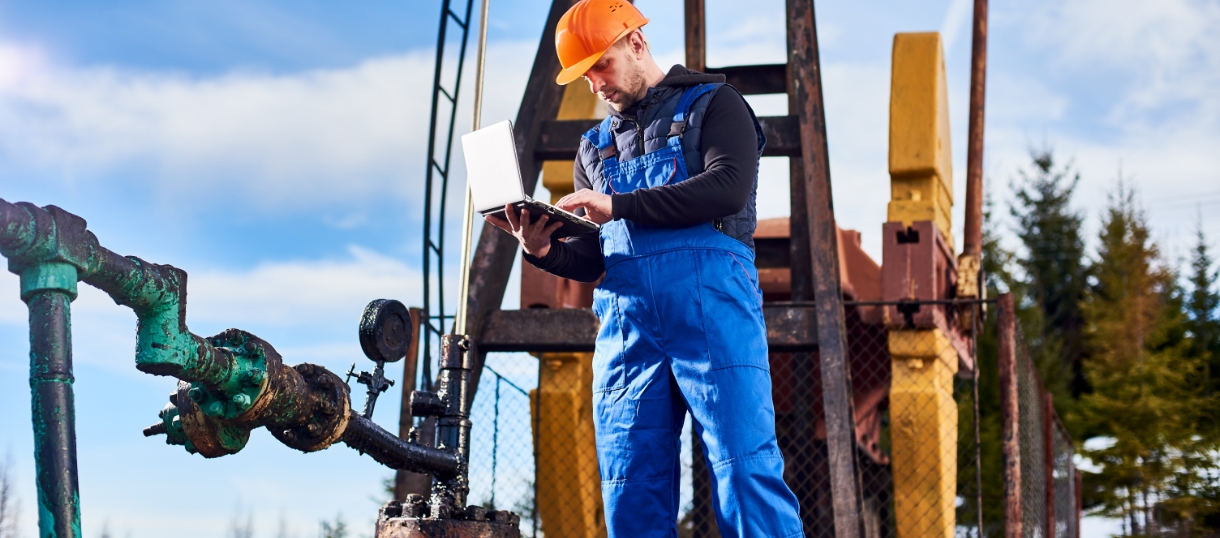-
- Quem Somos
-
Produtos
- Coleta e Rerrefino
- Fale conosco
- Arlazul
ㅤ
ㅤ
quem
somos
somos
Na AIVA, somos apaixonados por conectar você ao que há de melhor em tecnologia e sustentabilidade no mundo dos lubrificantes. Estamos aqui para fazer os motores rodarem com eficiência e responsabilidade, impulsionando o desempenho dos nossos parceiros sem deixar de lado o compromisso com o planeta.

Inovação e excelência garantidas em todos os produtos!
produtos
